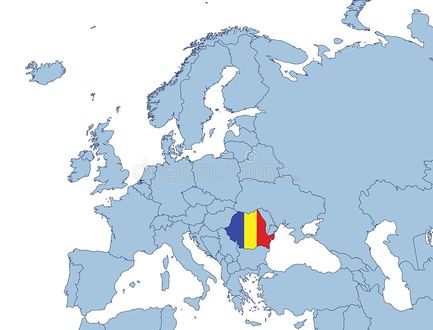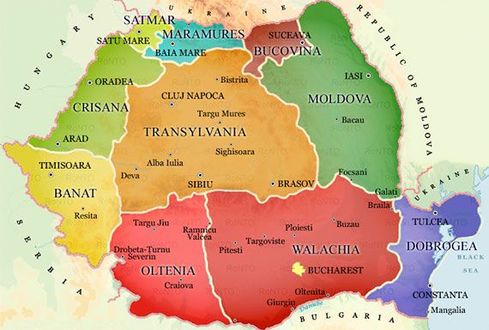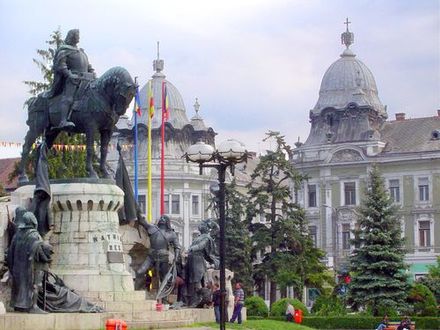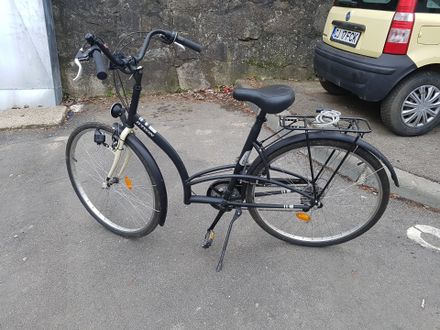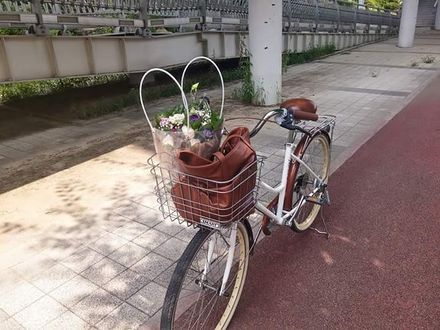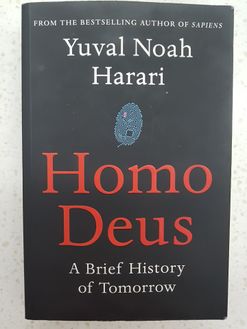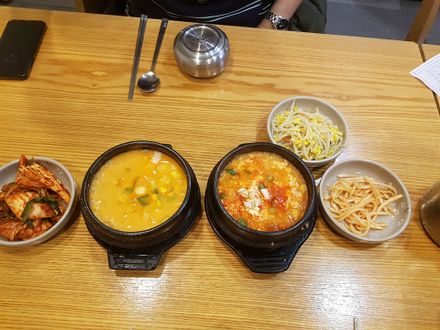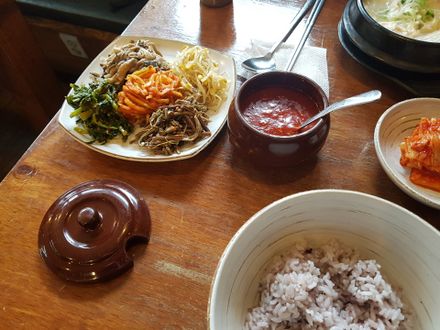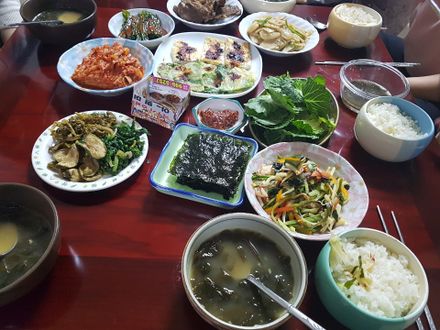치체오 안카 발렌티나
| Wiki 명함 | |
|---|---|

| |
| 이름 | 치체오 안카 발렌티나 |
| 한자 | |
| 영문 | Ciceo Anca Valentina |
| 전공 | 고전번역학과 |
| 소속 | 한국학중앙연구원 |
| 메일 | ciceo.av@gmail.com |
| 위키ID | |
About Me
학력
| Year | University | Major |
|---|---|---|
| 2010-2013 | Babes-Bolyai University, Cluj-Napoca, Romania | Korean and Chinese Language and Literature |
| 2015-2017 | 한국학중앙연구원 | 한국 문화와역사 |
| 2017-present | 한국학중앙연구원 | 고전번역학 |
고향
I was born in the city of Cluj-Napoca, in Romania. Cluj-Napoca has a long and rich history, being recorded for the first time by the Greek geographer Claudius Ptolemy (AD c.100 - c.170) some two thousands of years ago. At that time the city was the capital of Roman province Dacia Porolissensis. It was elevated to municipality during the reign of the Emperor Hadrian (AD 117 – 138) under the name of Municipium Aelium Hadrianum Napoca and later to colony, around AD 180 under Marcus Aurelius or under Commodus. The Colony Aurelia Napoca had institutions, a local senate, magistrates, a people’s assembly, in other words, the status of any other city in the Roman Empire. The first documentary record of the city goes back to 1173 and refers to the settlement as Clus (in Latin “surrounded by hills”). Other names it had were Kolozsvar (in Hungarian) and Klausenburg (in German); the latter was given after the Saxon colonists who settled in the City of Cluj in the time of Stephen V of Hungary, subsequent to the Tatar attacks which decimated the autochthonous population. Klausenburg was one of the seven medieval Saxon cities (Siebenburgen) in Transylvania. Its first Romanian name was Clus, often written Klus, and in 1974 it was changed to Cluj-Napoca.[1]
Where is Romania on the European map? [2]
Where is my hometown, Cluj-Napoca? [3]
Statue of King Matthias Corvinus of Hungary[4]
취미
자전거
독서
Books I am currently reading:
한국요리
I am a pescatarian trying to go vegetarian. People believe it is hard for me to find food to eat in Korea, but they are wrong.
농사직설
